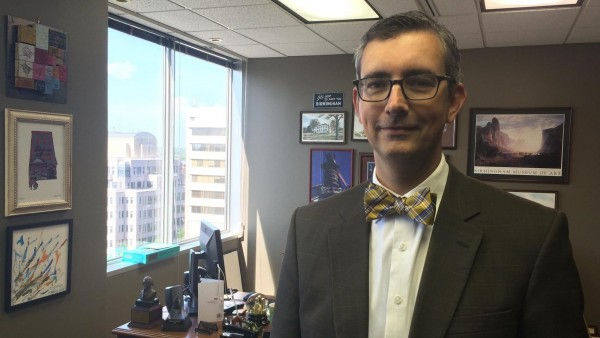
Food Deserts and Organizations
This episode was narrated by me, Jessica Bui. I am an undergraduate student from the University of Florida. Growing up, my parents have always taught me healthy eating habits. I found my passion of volunteering and food, so I combined the two together to create this episode. I figured why don’t we discuss a problem pertaining to food, and then suggest some organizations that would assist the food deserts. I chose to write about food deserts because think that this is an issue that has not been addressed enough. I think that it is imperative to learn how foods affect the body as it is the main source of energy for every human being. Eating healthy can change the way a body functions; it can nourish the brain and prevent or reduce diseases.
In 2015, there have been project plans funded from Seedfolk City Farm and Ghandi Institute, which both support food justice. This project, created by Leila Nadir and Cary Peppermint from the Association for the Study of Literature and Environment, plans to construct a hyper-segregated ecological community in Rochester, New York. The purpose of this is to combat food deserts, food insecurities, learn about sustainability, and engage various types of cultures together forming one community.
Even though organizations similar to these will have to invest more in providing fresh produce for families, it is for a good cause. Improving the lives of families in the United States would not only improve the health of society, but it would also increase the quality of life and productivity. It is imperative to use tax dollars wisely towards organizations that will assist the public health crisis. In the long term, it is more beneficial to prevent health-related illnesses rather than performing surgeries that could be fatal. Furthermore, I will elaborate on the qualifications and the cost and benefits that concern food deserts.
I would like to raise awareness by suggesting some solutions to reducing food deserts.
Perhaps,
• Increasing “pop-up” grocery stores (mobile food markets such as Fresh Mobile) in food deserts could one day become permanent (could also help create jobs)
• Adding more farm-to-school programs such as Fresh for Florida Kids Teaching Garden
• Expanding networks between hospitals/clinics with grocery stores regarding the Food and Vegetable Prescription Program
• Coupon programs
• Urban teaching farms and food pantries (Ample Harvest)
• Creating programs to donate fresh produce
• Volunteering for food organizations that pertain to food deserts
Overall, I hope to reach out to other organizations as well as individuals who would like to join the mission to assist food deserts.
*Actor is playing the role of David Fleming*






David Fleming - CEO of REV
Birmingham

